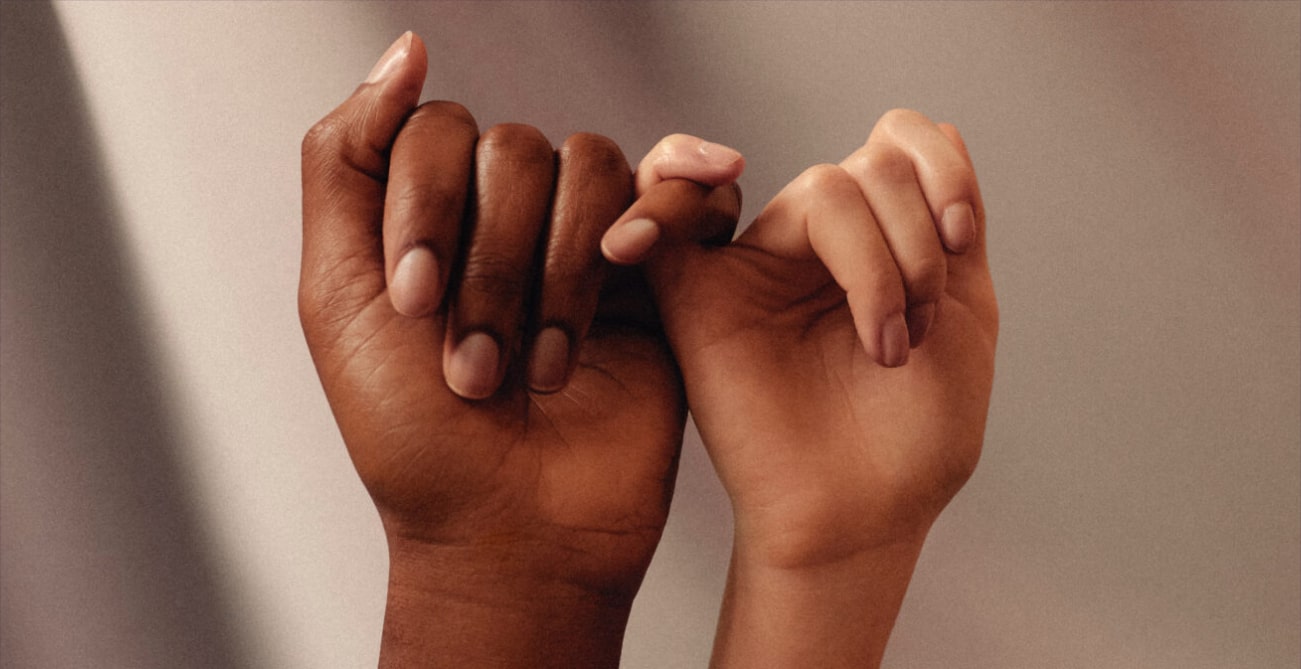Money plays a crucial role in every aspect of our lives, from personal well-being to career choices, and, perhaps most importantly, in relationships. While it might not seem like the most romantic topic, financial matters can deeply influence the dynamics of love and connection. Whether you’re dating, in a long-term partnership, or married, how you handle money—and how you and your partner view it—can shape the future of your relationship in ways you might not even realize.
💡 1. Financial Compatibility: A Key to Relationship Success
In any romantic relationship, understanding each other’s financial attitudes is key. Are you both savers or spenders? Do you value luxury or prefer a more minimalist lifestyle? Financial compatibility—or lack thereof—can create friction or build harmony in your relationship. When couples share similar views on money, it often leads to smoother financial decisions and less stress. On the other hand, differing financial goals or habits can lead to arguments and misunderstandings.
It’s essential to talk openly about finances early on, especially in long-term relationships. Have regular conversations about your goals, budgeting, and how you both approach money. The more aligned you are in your financial outlook, the less money becomes a source of tension.
💸 2. The Pressure of Financial Stress
Financial struggles are often one of the most significant sources of stress in relationships. Whether it’s debt, living paycheck to paycheck, or unexpected expenses, financial worries can seep into your romantic life. When money is tight, stress levels rise, and that tension can affect how you communicate and relate to one another.
It’s important to approach financial problems as a team. Support each other, and avoid blaming your partner for financial difficulties. Working together to find solutions and discussing how to manage finances effectively can not only resolve the issue but also strengthen your emotional bond.
🏦 3. Financial Independence vs. Interdependence
Another aspect to consider is the level of financial independence versus interdependence in a relationship. Some couples prefer to maintain separate finances and keep their financial independence intact, while others combine everything and share all expenses equally. There’s no one-size-fits-all solution here—what works for one couple might not work for another.
However, it’s important to recognize that either approach requires mutual respect and transparency. Maintaining financial independence can be empowering, but it can also lead to feelings of isolation or inequality if not properly balanced. Meanwhile, combining finances can create a sense of shared responsibility, but it requires trust and communication.
⚖️ 4. Power Dynamics and Control
In some relationships, money can be used as a form of power or control. For instance, one partner may have more financial resources than the other, leading to an imbalance in the relationship. This can create feelings of dependency, resentment, or even manipulation, especially if the wealthier partner uses their financial position to control decisions.
It’s crucial to avoid letting financial power dynamics interfere with the emotional and romantic aspects of your relationship. Both partners should feel respected, valued, and heard, regardless of their financial contributions. Open discussions about money, shared decision-making, and mutual respect are essential for preventing any imbalance in the relationship.
💖 5. Money and Romance: Striking a Balance
While money can undoubtedly affect the practical side of relationships, it doesn’t have to diminish the romance. In fact, sharing financial responsibilities in a fair and respectful way can help foster a deeper connection. For example, discussing long-term financial goals, such as buying a home or planning a vacation, can provide a sense of shared purpose and excitement.
Also, spending money thoughtfully on romantic gestures, like surprise date nights or small gifts, can be an excellent way to keep the romance alive. It’s not about how much you spend, but the intention behind the gesture. Financial strain can sometimes overshadow romance, but it’s the little things that can remind both partners that love and affection are more important than material wealth.
💰 6. Money as a Reflection of Values
Your approach to money often reflects your core values, whether it’s your attitude toward saving, investing, or spending. Similarly, how you manage finances in a relationship can showcase the alignment (or misalignment) of your values with your partner’s. If both partners share similar values regarding money, there’s usually less conflict over how it should be spent or saved.
For example, one partner might value experiences—like travel and dining out—while the other prioritizes saving for the future. Understanding each other’s perspectives can lead to healthier compromises and decision-making. In the long run, finding a financial balance that reflects both partners’ values can strengthen the relationship and reduce financial friction.
🗣️ Conclusion: Communication is Key
At the end of the day, the most important factor in how money affects your romantic connection is communication. Being open, honest, and transparent about your financial situations, values, and goals allows both partners to work together in building a solid foundation. Whether you’re making big financial decisions, planning for the future, or just navigating everyday expenses, keeping the lines of communication open ensures that money doesn’t become a barrier in your relationship.
In relationships, it’s not about how much you have, but how well you manage it together. When both partners are on the same page financially, it fosters trust, mutual respect, and a deeper emotional connection. After all, the foundation of any successful relationship is built on love—and communication, understanding, and shared goals. Money is simply one of the tools to help you get there.









